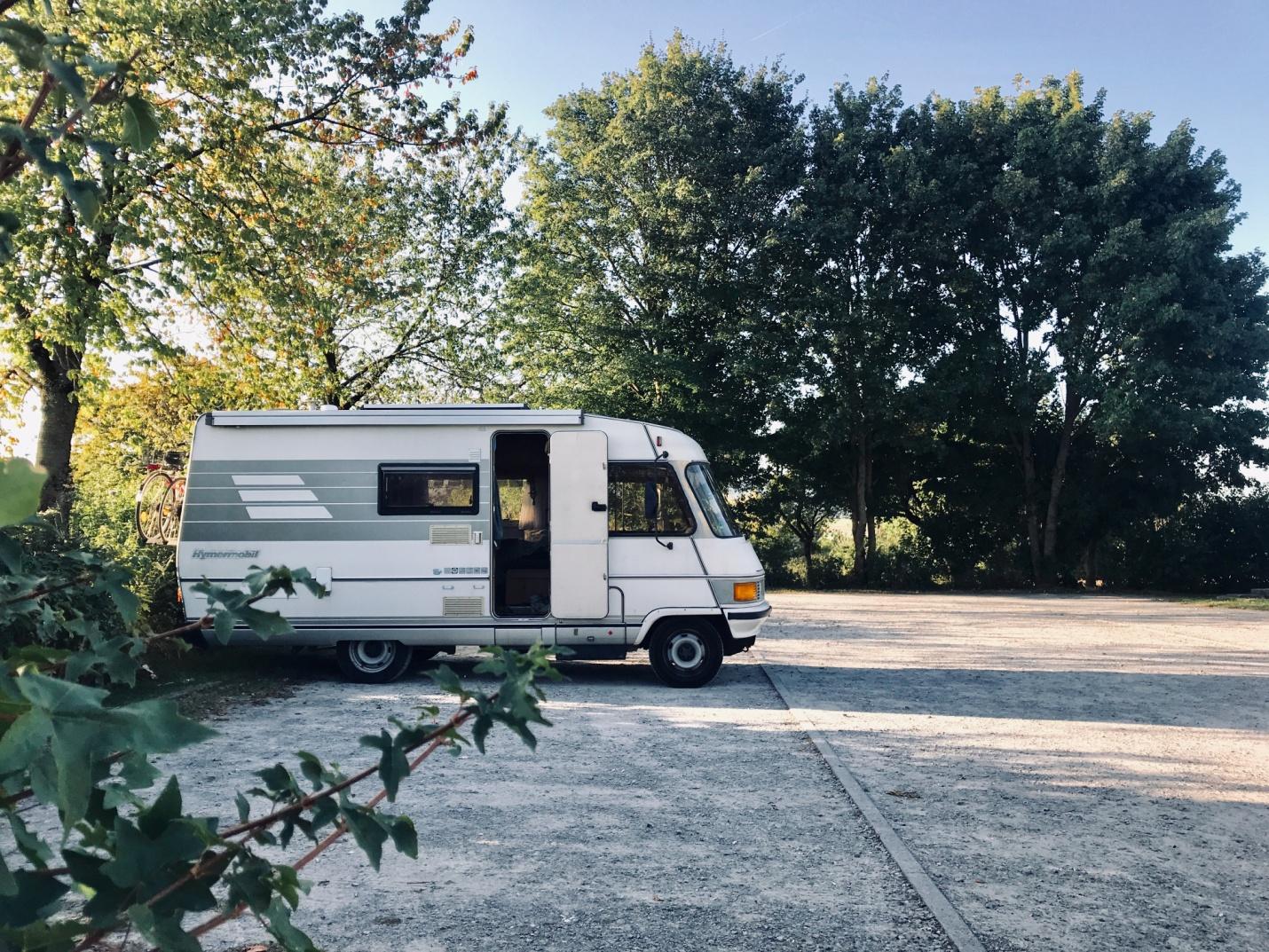The real estate landscape is shifting rapidly, with thousands of residents in different communities joining the Tiny House Movement. With rents shooting through the roof, more people want to downsize their living space to manage their expenses better. This explains the rise in demand for mobile homes like RVs, truck campers, and expandable trailers.
For real estate investors, this growing trend presents a profitable opportunity. You can purchase mobile home parks to facilitate owners by providing them with an affordable space to legally park their mobile homes and comply with local zoning regulations while generating rental income.
But is investing in mobile home parks the right option for you? Learn the pros and cons of investing in these alternative real estate properties.
What Is a Mobile Home Park?
Mobile home parks or communities are plots of land where people can park homes on wheels. These facilities are similar to truck terminals that provide truckers with a temporary place to lay over while moving cargo.
The key difference is that these rental properties are designated areas for individuals to place and live in their mobile homes. Hence, they offer a more permanent accommodation solution for owners who require it. For instance, travelers can stay for a night. Meanwhile, permanent residents can pay rent to legally park and use other facilities.
Pros and Cons of Buying Mobile Home Parks for Rental Income Generation
Pros
1. Steady Rental Income
Mobile home parks can provide a reliable stream of rental income. Since residents own their homes but rent the land, you enjoy a consistent income source without the substantial property maintenance costs.
2. Affordability and Demand
Mobile home parks are a hot commodity due to the rising demand for affordable housing options. The ability to offer budget-friendly living arrangements can lead to high occupancy rates and a waiting list of potential tenants.
3. Lower Operating Costs
Unlike traditional rental properties, you’re not responsible for maintaining your tenant’s property, only parking space and its facilities. Residents handle maintenance and repair costs since they only rent the parking space.
4. Community and Amenities
Well-managed mobile home parks often feature community amenities like parks, pools, gyms, etc. Apart from unlocking new income streams, they also foster a sense of camaraderie among residents, which attracts long-term tenants.
Cons
1. Management Challenges
Managing a mobile home park comes with unique challenges. You’ll need to oversee lot rentals, enforce park rules, and address tenant issues, which can be time-consuming.
2. Maintenance of Common Areas
While you’re not responsible for individual homes, maintaining common areas like roads, utilities, and landscaping falls on your shoulders. Neglecting these areas can deter residents and harm their income.
3. Regulatory Hurdles
Mobile home park operations are subject to various regulations and zoning laws, varying from one location to another. Therefore, staying compliant can be complex and costly.
Wrapping Up
Investing in mobile home parks allows you to tap into one of the fastest-growing real estate trends to generate rental income. However, you must navigate the benefits and drawbacks with a clear strategy to succeed in this market.
Steady income and lower operating costs are enticing, but management challenges and regulatory hurdles demand attention. So, assess your skills, needs, and financial goals before venturing into this niche property market.
For more insights on alternative real estate investing, visit CHRE. You can also explore our investment properties in the Rio Grande Valley.






Leave A Comment